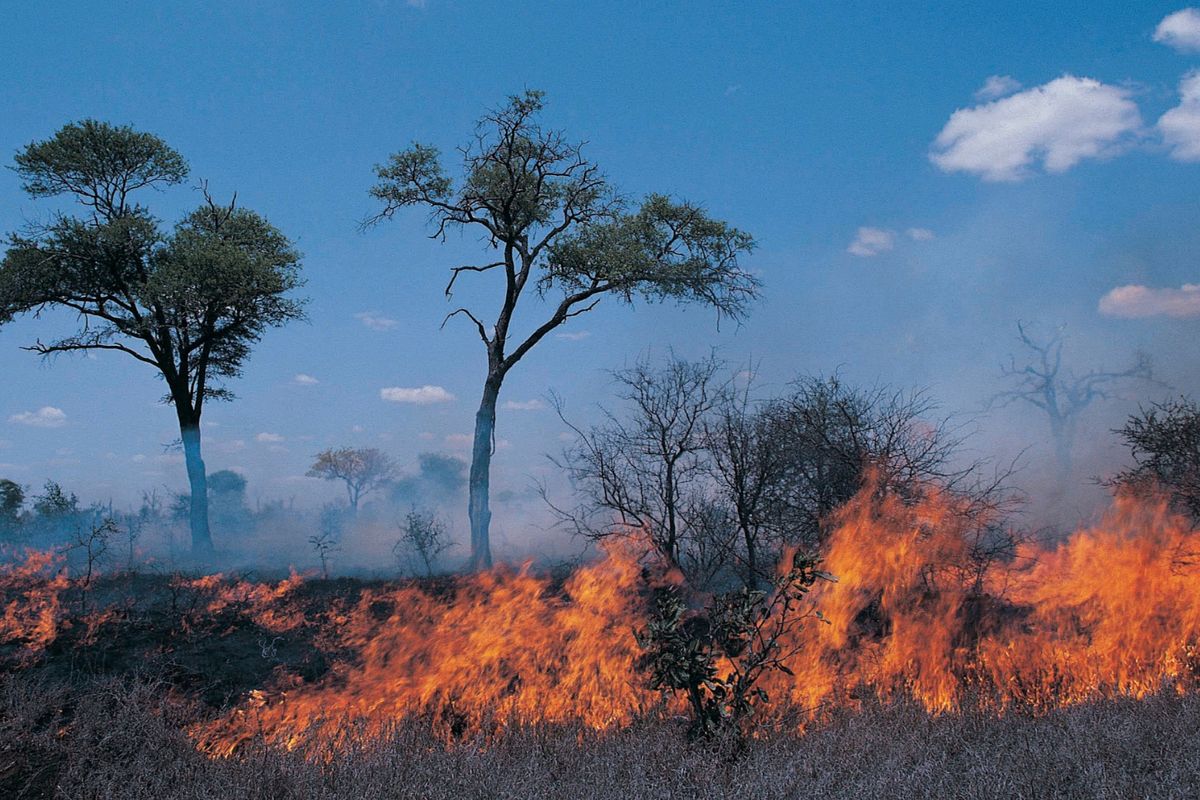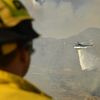This Year's Extreme Weather Consistent with Worsening Climate Change

LONDON, KOMPAS.com – In recent weeks, extreme weather hit parts of the world indicating the growing impact of climate change.
Massive wildfires hit western parts of the US, torrential rains poured down in Africa, and weirdly warm temperatures were detected on the surface of tropical oceans.
Then there’s the record heatwave from California to the Siberian Arctic.
The string of wild weather is consistent with climate change and the world can expect more extreme weather to continue.
Read also: Gender Reveal Party Caused El Dorado Fire in California
As global emissions of greenhouse gases continue, people around the globe also face higher risks from natural disasters.
"We are seeing the emergence of some signals that would have had almost no chance of happening without human-induced climate change," said Sonia Seneviratne, a climate scientist at Swiss university ETH Zurich.
For decades, scientists have warned of such events — but have been wary of saying that a particular storm or heatwave was a direct result of climate change. That's now changing.
Advances in a relatively new field known as "event attribution science" have enabled researchers to assess how big a role climate change might have played in a specific case.
In determining that link, scientists assess simulations of how weather systems might behave if humans had never started pumping carbon dioxide into the air, and compare that with what is happening today.
They also factor in weather observations made over the last century or more.
"What seemed like an established truth that you cannot attribute a particular extreme weather event to climate change is less and less true," Seneviratne told Reuters.
Feeling the heat
The clearest examples are found in the growing frequency and intensity of heatwaves worldwide.
Scientists needed only days to identify climate change as the key culprit in this year's record temperatures in Siberia, with extreme heat drying out forests and peat across the Russian tundra, leading to massive wildfires.



































